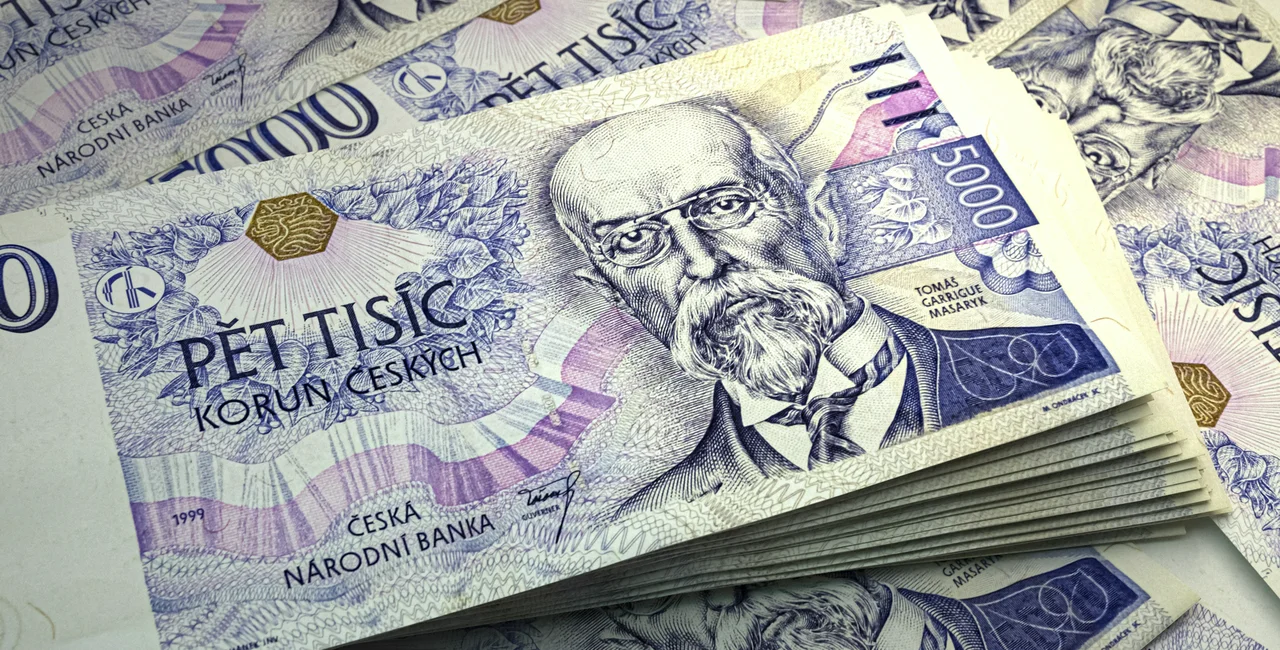Prague, April 30 (ČTK) – The government has clarified which families will be eligible for a one-off subsidy of CZK 5,000 per child under 18, which is intended to help families cope with inflation.
The subsidies will go to the families with a yearly gross income of up to CZK 1 million, not a net income of up to CZK 1 million, Labor Minister Marian Jurečka said, correcting the original information.
Jurečka did so after the correct information was given to news server Seznam Zprávy by Finance Minister Zbyněk Stanjura.
The corrected rules mean that fewer families will be eligible for the subsidy compared with the originally announced plan.
The cabinet announced the plan to pay the CZK 5,000 subsidy to selected families with children at a press conference following its meeting late on Wednesday. The step is to soften the impact of the soaring inflation.
"Assistance to families will go to those whose gross income is up to CZK 1 million. At a press conference, I said it inaccurately, which I apologize for. I don't want to make excuses, I had other variants in the notes that were based on net income, and I misspoke. Thank you for understanding," Jurečka wrote on Twitter.
Pomoc rodinám se bude týkat tÄ›ch, jejichž pÅ™Ãjem je do 1 mil. KÄ HRUBÉHO. Na tiskové konferenci jsem sdÄ›lil nepÅ™esnost, za kterou se omlouvám. Nechci se vymlouvat, v poznámkách jsem mÄ›l i jiné varianty, které se odvÃjely od Äistého pÅ™Ãjmu a pÅ™ehlédl jsem se. DÄ›kuji za pochopenÃ.
— Marian JureÄka (@MJureka) April 30, 2022
The support is to go to households with a monthly gross income of CZK 83,333 on average. Their net income, after the tax and insurance contributions are deducted, is lower.
According to the Czech Statistical Office (ČSÚ), the average gross monthly wage in the country was CZK 37,839 in 2021, reaching CZK 40,135 in the last quarter of the year.
That means the level of income needed to be eligible for the 5,000-crown support is higher than two average monthly wages.
How to apply for the subsidy and how it will be paid will be determined by a law to be drafted by the Labor and Social Affairs Ministry.
After the cabinet meeting, Jurečka said the subsidy application should be online wherever possible and may go to some 2.1 million children under 18. According to the ČSÚ data, this is the overall number of children and juveniles living in the Czech Republic. The distribution of the subsidy would cost the state an estimated CZK 10.5 billion.
Prime Minister Petr Fiala and ministers have repeatedly said that the government aid to soften the impact of the rising prices of energy, food, and other goods would not be blanket but targeted at those who need it.
The proposed subsidy has been criticized by trade unions and some economists, who said it is too close to a blanket subsidy and that it will also go to families that can cope with the difficult situation by themselves.












 Reading time: 2 minutes
Reading time: 2 minutes 





























